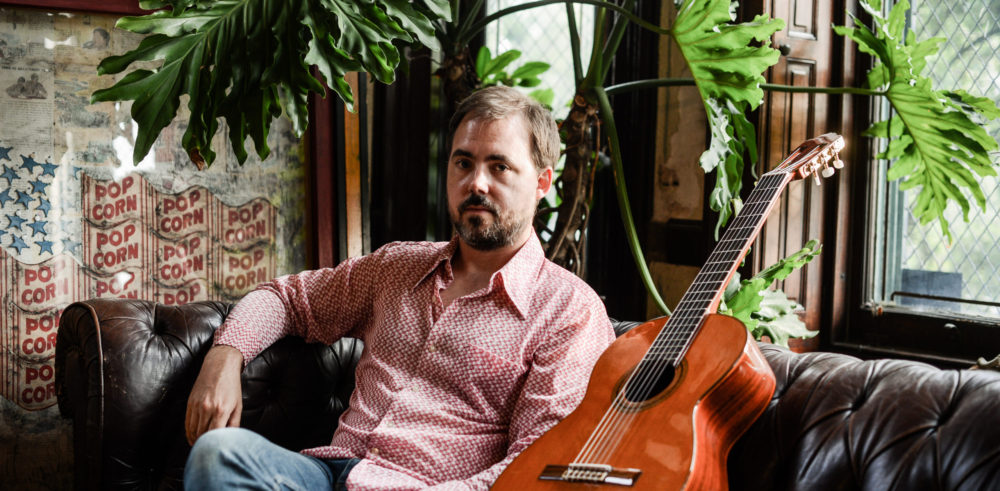“On Cold North Ave” by D.T. Huber. Recorded 10/16/20 in Baltimore, MD.
Lyrics:
On Cold North Ave
It’s a weary hour before the dawn
and blood is frozen to the sidewalk
Your children hurry down the ally-way
As a purple fog paints the night
The gun shots are still ringing in my ears
Our dignity has been gone for years
You are lonely now, I am lonely too
They all see us from a different point of view
On cold North ave
The sins you know we have
on cold North ave
Another poor boy dead and gone
Bullets grazed his yearning heart
He may have stolen from someone
But now we all have blood on our hands
With arms like ice and eyes of stone
He had almost made it home
There is a dark river that runs under here
clouded with blood, chilled by all our fears
on cold North Ave
the visions you know we have
on cold North ave
Down the road the seeds are planted
The empty lot returned to an ancient field
These walls are canvases for the sounds of truth
But they fall silent in the darkness
We struggle to build a life
We mustn’t be hustled by strife
I hear music playing, will I find you there
smoking a cigarette in your rocking chair
on cold North ave
the sins you know we have
On cold North Ave
Live well but be drunken
Do not be a slave to time
The bitter night is breathing
the ghosts of a long lost prime
I wonder how much more it will take
for these shackles to break
I’m sorry for all I’ve done to you
Don’t do nothing I wouldn’t do
on cold North ave
the soul you know we have
on cold North ave
